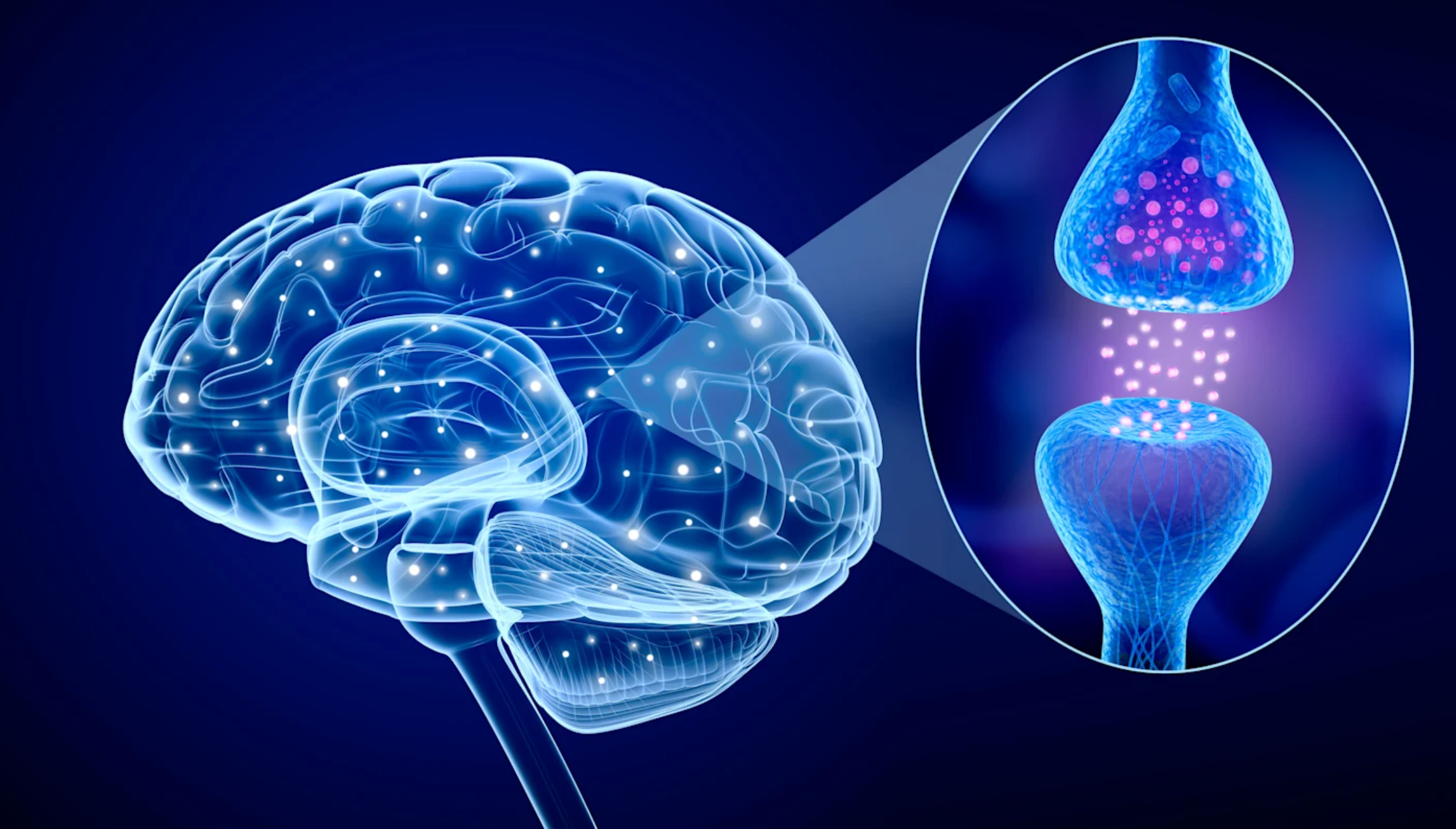Until now, the therapy of anxiety, phobias or a panic disorder was considered to be long and difficult. This could be about to change. American neuroscientists led by Prof. Dr. Karim Nader have discovered that emotional memories can be reprocessed and thereby changed even years later. The process, which they call “memory reconsolidation,” could considerably simplify and accelerate the therapy of mental disorders based on stressful experiences and memories.
“Pathological memories” play an essential role both in post-traumatic stress disorder and in the development of anxiety. The brain does not process memories properly in extreme situations. Errors occur that cause the memories to recur again and again or to be triggered by sensory impressions or thoughts.
If one has to speak about stressful memories repeatedly in the course of conversational therapy or psychoanalysis, there is a danger that these memories will become more and more ingrained in the neuronal connections of the brain. Consequently, this can make it even more difficult to process past experiences.
If the effect of “memory reconsolidation” is used therapeutically, for example, the fear will be recalled mentally for a short time so that the neuronal connections are loosened, and the memory can be reprocessed. After about 10 minutes, the therapist can add new aspects to the old memory through a certain form of questioning, challenge it, and thus defuse it, i.e., weaken it emotionally.
As a result, within a very short time, the emotional aspects of a memory that cause an anxiety disorder or phobia, for example, can no longer be recalled.
Often, a single therapy session is enough to achieve this, as the neuronal connections can be changed within minutes.
In Europe, these new findings have only been concretely implemented as therapeutic steps in the “TNE Method” so far.
“TNE stands for Transformation of Negative Emotions. The method can be used wherever stressful experiences of the past or pathological memories lead to psychological disorders in the present. This is often the case with depression, PTSD and anxiety disorders as well as phobias,” Sascha Jurek, expert on anxiety and founder of the TNE method, explains.
With the TNE method, affected people can work through their stressful memories from home without the help of a therapist. “Many people find it difficult to open up to a therapist and talk about their problems. The advantage of the TNE method is that you don’t have to relive the stressful memory in detail, but simply recall it mentally for a short time. This is already enough to reprocess it with the help of brain hemisphere stimulation and a certain questioning technique, among other things,” Sascha Jurek continues. Therefore, there is no risk of re-traumatization.
So far, confrontation therapy has been considered the most promising form of therapy for anxiety. However, the findings by neuroscientists now paint a different picture: In confrontation therapy, the therapist revisits the fear-inducing situation together with the patient. Due to the habituation effect, the fear will subside over time. However, the original fear-inducing memory is not eliminated, according to new research. It merely forms new experiences as neural connections in the brain, but they continue to compete with the original experience. This is why relapses occur quite frequently, even after years of therapy.
“This is why it is essential that we identify the original, fear-inducing memory and reprocess it with the help of memory reconsolidation,” Sascha Jurek points out. The TNE method offers detailed step-by-step instructions.
Find more information about the TNE method at www.saschajurek.de.
Media Contact
Company Name: TNE Coaching Europe
Contact Person: Sascha Jurek
Email: Send Email
Phone: +49 30 60934459
Address:Zelterstr. 1
City: Berlin, 10439
Country: Germany
Website: www.saschajurek.de

